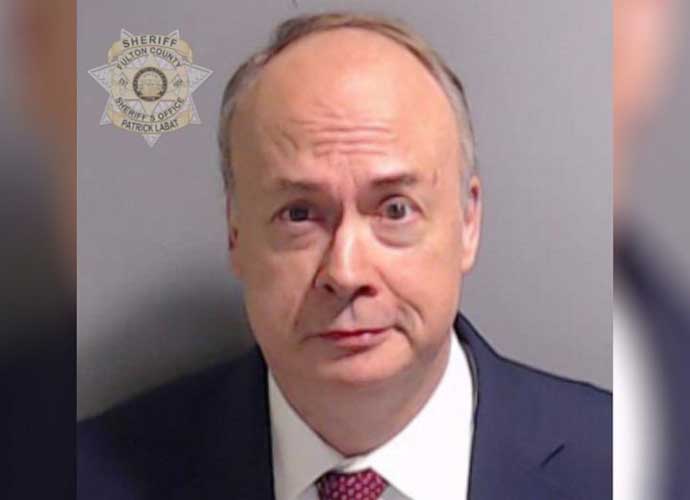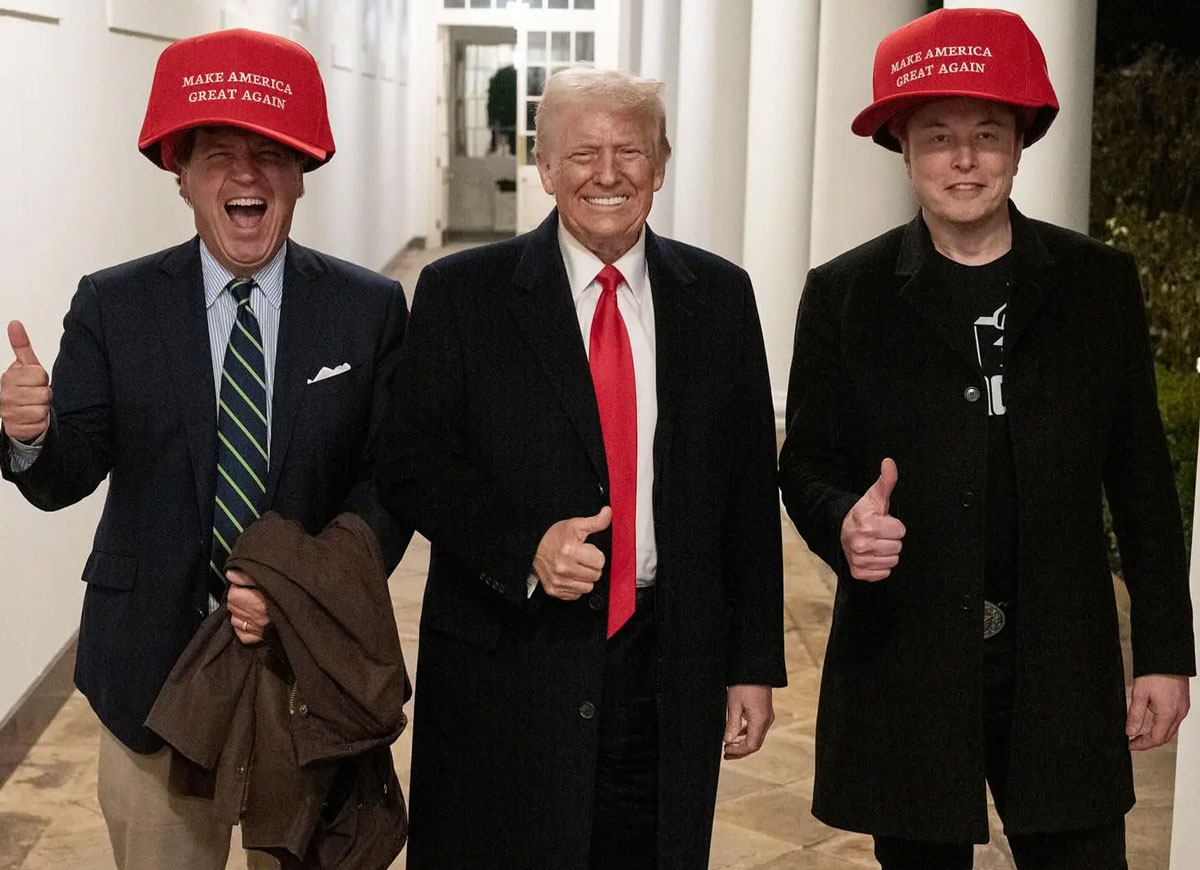D.C. Bar Panel Finds Ethics Violations By Former Trump Official Jeffrey Clark For Promoting Conspiracy Theories About 2020 Election
The disciplinary panel of the D.C. Bar has ruled that former Trump Justice Department official Jeffrey Clark committed ethical violations when he promoted conspiracy theories about the 2020 presidential election, such as the baseless claim that smart thermostats were used to steal the election.
Clark, an environmental lawyer with no background in criminal law, was under consideration by Donald Trump for the position of acting attorney general of the United States shortly before the January 6 attack on the U.S. Capitol. However, Trump abandoned the idea due to the threat of mass resignations from his own Justice Department appointees.
Clark appeared before the disciplinary panel over the past two weeks at risk of potential disbarment. He repeatedly invoked his Fifth Amendment rights against self-incrimination. The panel’s preliminary finding will now be reviewed by the D.C. Bar’s full board of professional responsibility, with the final decision on Clark’s bar status resting with the D.C. Circuit Court of Appeals.
At the heart of the disciplinary panel’s deliberation was whether Clark had knowingly propagated unfounded election conspiracy theories to assist Trump’s re-election bid or genuinely believed in his espoused theories.
During closing arguments, Hamilton Fox, the disciplinary counsel who advocated for Clark’s disbarment, contended that Clark could not have sincerely believed the election lies, as they were repeatedly debunked.
Fox argued, “I can’t look in somebody’s mind, but when somebody tells you something repeatedly, in which all of the evidence is to the contrary, then yes, I believe that person is acting intentionally, is intentionally dishonest.”
Fox acknowledged the possibility of an exception for someone who might be mentally deranged but clarified that he was not making such a claim about Clark. He emphasized that a rational person who persisted in a belief contrary to overwhelming evidence would be intentionally dishonest.
Like Trump’s own legal battles, in Clark’s attempts to bolster his election conspiracy theories, he called upon deniers to lend credibility to his claims. Among them were individuals associated with networks run by MyPillow founder and election denier Mike Lindell and a Pennsylvania activist whose research has been critiqued for its numerous errors.
In the proceedings, an expert in environmental law disagreed with Clark’s interpretation of his role as a government attorney and stated that the “client” should be the Department of Justice and the American people, not solely the occupant of the presidency. Clark had asserted that his “client” was Trump himself.
Clark’s lawyer, Harry MacDougald, argued in his closing statements that his client had advocated for sincerely held opinions and had not engaged in dishonesty by promoting his election theories. MacDougald pointed to a draft letter by Clark, highlighting concerns about the election’s outcome. However, he stressed that the letter was never sent or made public and punished Clark for his proposal that it would amount to a “pure thought crime.”
MacDougald urged the panel to consider the wider implications of the case and asserted that lawyers who stand apart from the crowd may need protection in future administrations when they take a dissenting position.
Last summer, Clark and 17 others, including the former president, were arrested and charged with trying to overturn Georgia’s 2020 presidential election in Fulton County, Georgia.
Last week, the California Bar Court recommended the disbarment of another Trump ally, John Eastman, for his role in the effort to overturn the 2020 presidential election.
RELATED ARTICLES
Get the most-revealing celebrity conversations with the uInterview podcast!







Leave a comment